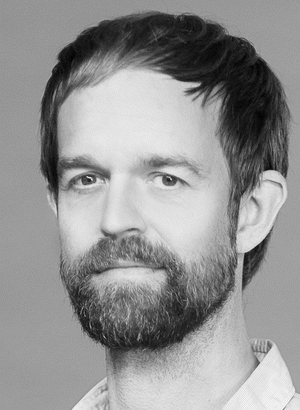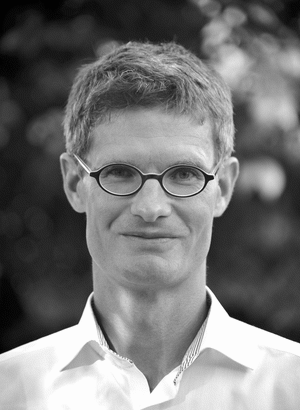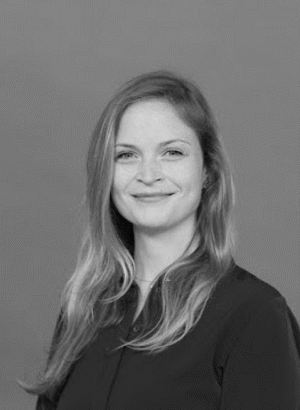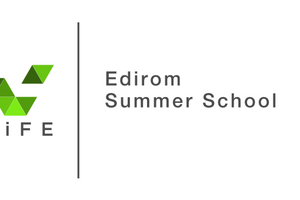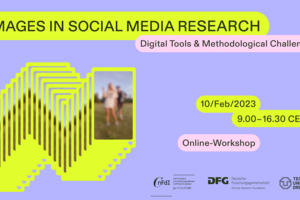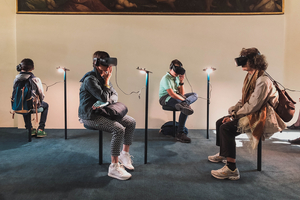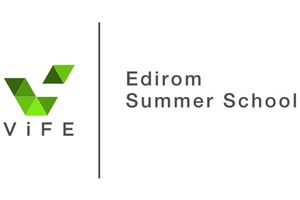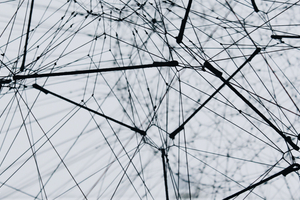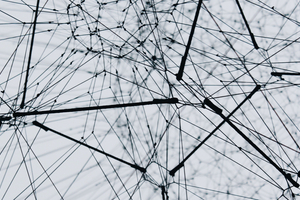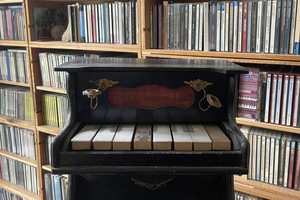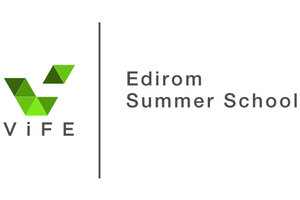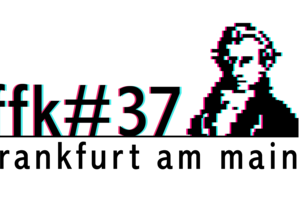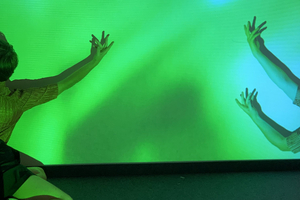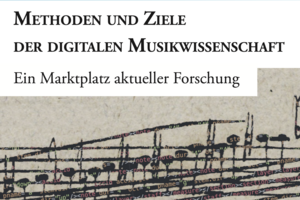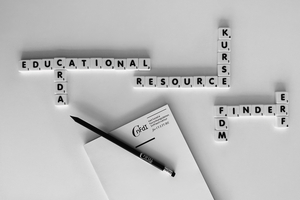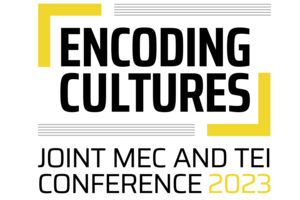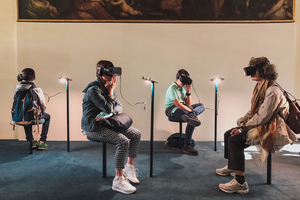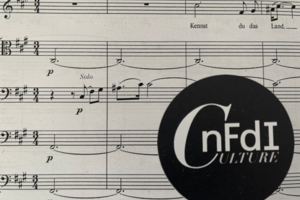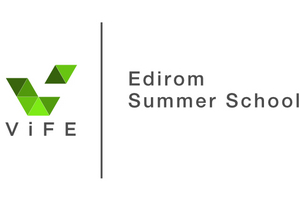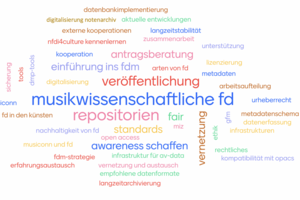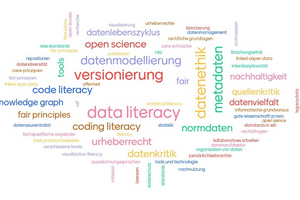Qualification & Training
Cultural Research Data Academy
Scholars often deal with institutional frameworks that delay or even prevent sustainable solutions for the integration of necessary Data and Code Literacy into teaching concepts and curricula. Various training offers are already available at universities and other institutions, mostly providing generic (i.e. non-specific) access to research data management. Courses and information material for researchers, GLAM (Galleries, Libraries, Archives, Museums) employees and multipliers that offer media-specific and format-specific content are still largely missing. Equally absent are widely recognised quality criteria and frameworks. Therefore, we aim to identify needs, promote existing offers and develop new specific training courses for the NFDI4C-community which is based at universities, at GLAM institutions, yet also includes citizen scientists.
We would like to closely engage with researchers, RDM initiatives on an (inter)national, regional and local level, RDM departments at research institutions and GLAM organisations within the 4Culture-Community. An appropriate opportunity to articulate needs in a central and easily accessible location is so far missing. Therefore, we aim to enable the different stakeholders in the field (students, junior and senior researchers, scholars, GLAM employees, citizen scientists) to actively communicate their needs and suggestions.
Building on this knowledge exchange, we will provide a clear and viable conceptual framework for Cultural Data and Code Literacy training offers and teaching modules, workshops and other formats, based on the needs of our communities. Furthermore, we aim to create recommendations as well as quality assurance measures for teaching and training content in accordance with the EOSC FAIR4S framework, which defines data stewardship skills for science and scholarship.
The CRDA aims to actively support the communities on matters of education and training. This includes advice on content and organisational development, the design of courses, workshops and teaching modules on the topic of data and code literacy as well as help in finding existing offers. Furthermore, we offer professional assistance regarding the institutional process of implementing modules on data and code literacy in the field of cultural data.
By setting up workshops and a recurring community meeting, the CRDA Forum, we want to establish places for exchange where different participants and stakeholders can meet up, form networks and share knowledge. The Forum provides the platform for identifying the needs of participants regarding the CRDA's fields of activity and may also promote the formation of smaller task forces focussing on specific topics whose work will be actively supported by the CRDA. Furthermore, we will endorse decentralised training offers and the provision of open educational resources, to which we invite the community to contribute.
Research Outputs
Consortial Services
- Forum of the Cultural Research Data Academy
- Lecture and discussion series "Show & Tell – Social Media Data in Research Practice"
- Lecture and discussion series "Show & Tell – Social Media Data in Research Practice"
- Lecture and discussion series "Show & Tell – Social Media Data in Research Practice"
- Educational Resource Finder
- Forum of the Cultural Research Data Academy
- Knowledge Base
- Lecture and discussion series "Show & Tell – Social Media Data in Research Practice"
- NFDI4Culture Helpdesk
Knowledge Base
- Research Data in Cultural Studies – an introduction
- 3D Objects – The Virtual Digital Heritage
- What are Authority Data?
- What is NFDI4Culture?
- Upload scientific video contributions
- Audiovisual Materials in Research and Teaching – an Overview of Copyright Aspects
- Culture Community Report 2021
- Culture Community Report 2022
- RADAR4Culture Quickstart Guide for Data Providers
- LIDO Training
- Basics of digital long-term preservation. A guide to digital long-term preservation from the perspective of the NFDI4Culture community
Publications, Slides, Blogposts, etc.
- Presentation: Book Sprints: Offene Lehr- und Handbücher ergebnisorientiert gemeinsam schreiben
- Conference Poster: Das CRDA-Portfolio der NFDI4Culture für FDM-Kursangebote
- Conference Poster: Die NFDI4Culture Handreichungen in der Knowledge Base
- Conference Paper: Kultur – Daten – Kuratierung Was speichern wir und wozu?
- Conference Paper: Forschungsdateninfrastruktur als offene Werkstatt: Community Building zwischen generischen und datenspezifischen Praktiken
- Blog Post: Fachspezifisch? Datenspezifisch. Vermittlungs- und Vernetzungsperspektiven von Data Literacy in der Medienwissenschaft
- Blog Post: GLAM digital – NFDI4Culture-Forum zu Datenkompetenzen, gegenwärtigen und zukünftigen Herausforderungen für GLAM-Mitarbeiter:innen
- Conference Poster: Der Educational Resource Finder von NFDI4Culture
